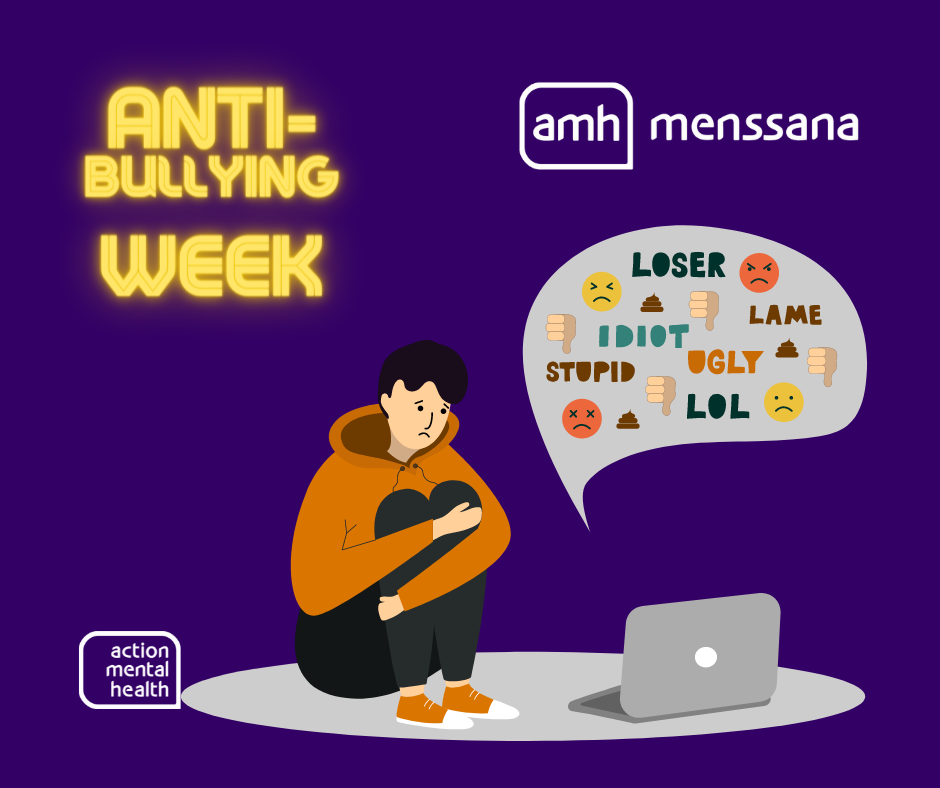
This Anti-bullying week we’re focussing on some of the services that help support children in a range of ways, including if they are victims of bullying.
Provoking Thought is one project which helps secondary-age children negotiate their way through the difficult years from 11 to 18 and beyond, until 25 years of age, within community groups.
Provoking Thought looks at aspects like ‘what is bullying’ and questions likes ‘what is friendship’ and what makes up a good friendship. This is designed for young people to look at their relationships and evaluate if their friendship is good for them.
The project looks at the question of why people bully others and the symptoms of bullying and its mental health impact- on both the victim and the bully.
Provoking Thought looks at how bullies can e supported by helping them to identify those around them who they can turn to for help.
It also teaches young people what they can do the help themselves if they find that they are victims of bullying.
Provoking Thought also helps young people reflect on their online and social media behaviour, examining cyberbullying. It encourages young people to think twice before they comment and whether it’s a helpful thought they intend to share publicly.
Provoking Thought places a great emphasis on identifying people who are there to help and also on coping skills, focusing on the principles of the Five Ways to Well-Being to help illustrate ways of coping with bullying they may encounter.
Reflecting on the five ways – Connect, Give, Keep Active, Take Notice, Keep Learning- Provoking Thought encourages pupils to ‘Connect’ with good and trusted friends. It also encourages them to ‘Give’ themselves a detox from social media and to step away from it for a while, especially if they are experiencing cyberbullying.
Provoking Thought workshops are available to 11-25-year-olds and their key contacts and can be delivered in schools, youth clubs and community groups. (Can be delivered to 25+ also)
The aim of the workshop is to support young people/people and their key contacts in the area of mental and emotional wellbeing through a range of activities that are tailored to suit group needs. The workshops aim to be young people friendly, positive, interactive and informative. The workshops are designed to explore issues and facilitate discussion around issues of mental and emotional wellbeing.